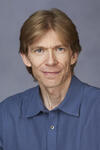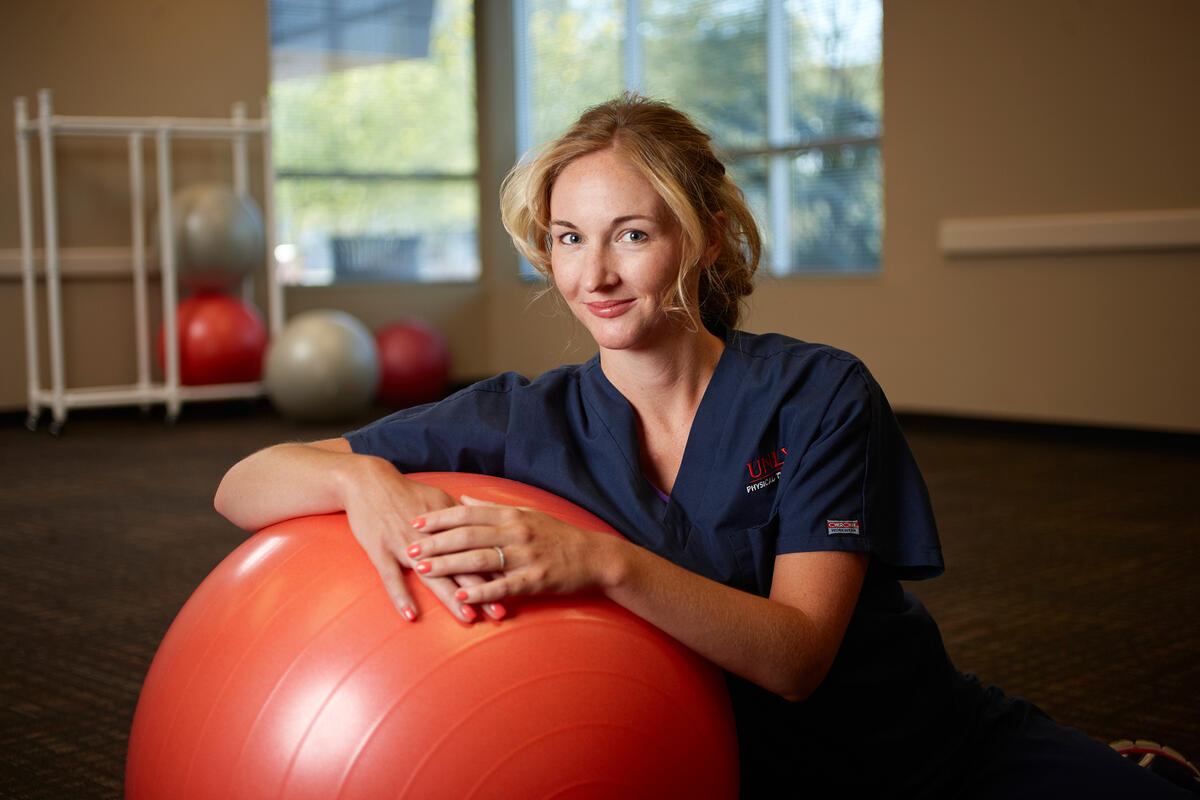
School of Integrated Health Sciences News
With many degree offerings that are accredited by national organizations, the School of Integrated Health Sciences offers dynamic classroom instruction, laboratory/clinical practice, research, and mentoring. Our students develop skills that help them break into health-related fields and further their graduate or professional studies.
Current Integrated Health Sciences News

A look at some of the most eye-grabbing headlines featuring UNLV faculty, staff, and students.
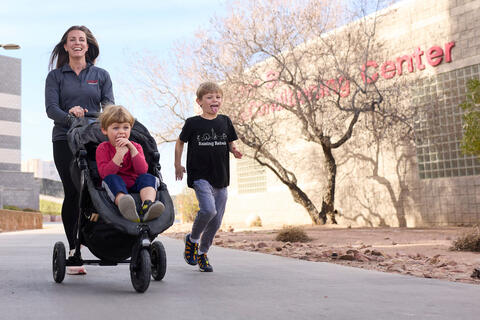
Through UNLV-UNR Extension collaboration, Kara Radzak hopes to better inform new mothers about proper exercise before and after childbirth.

UNLV nutrition professor Sara Rosenkranz on choosing your proteins and what to do about those new federal guidelines.

UNLV community outreach programs offer practical learning opportunities for students while leveraging our resources to address societal needs.
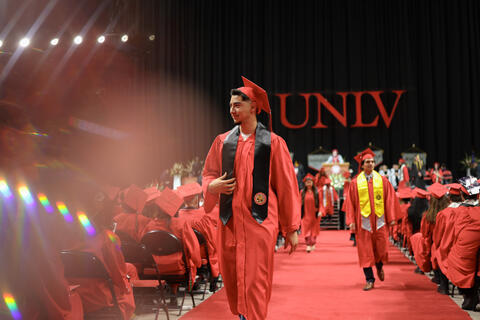
A collection of the top news headlines featuring UNLV faculty and students.
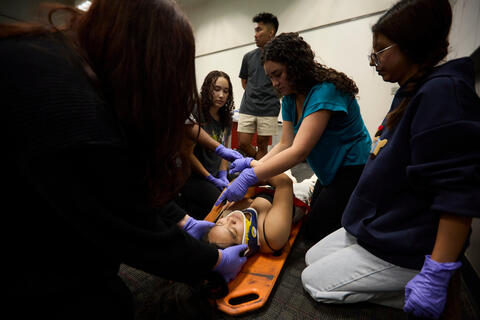
Applied Health Sciences students learn basics of emergency medicine through the real-life scenarios of firefighters.
Integrated Health Sciences In The News
Like many online trends, the idea likely came from a wellness influencer or self-proclaimed "guru" who made unsubstantiated claims.
It’s a simple way to shake up your routine and strengthen underused muscles

Looking to revitalize your fitness routine? A straightforward yet impactful method could be to start walking backwards. While a brisk forward walk offers myriad benefits – strengthening bones, building muscle, boosting cardiovascular health, and easing stress – its familiar rhythm can become monotonous. This is where retro walking, or reverse walking, presents a compelling alternative.
The new U.S. dietary guidelines praise red meat as a ‘high-quality, nutrient-dense protein food.’ Here registered dietitians weigh in on the benefits and drawbacks.

The Clark County School District's decision to alter school start times is based on research, but how will it affect students' sleep? UNLV kinesiology professor Dr. Graham McGinnis, an expert in circadian rhythm disruption, suggests that these changes could have significant implications for students' sleep schedules.

Officials introduced a new tool at UNLV today that will help further medical research into Alzheimer's.
Integrated Health Sciences Experts
